2023
-
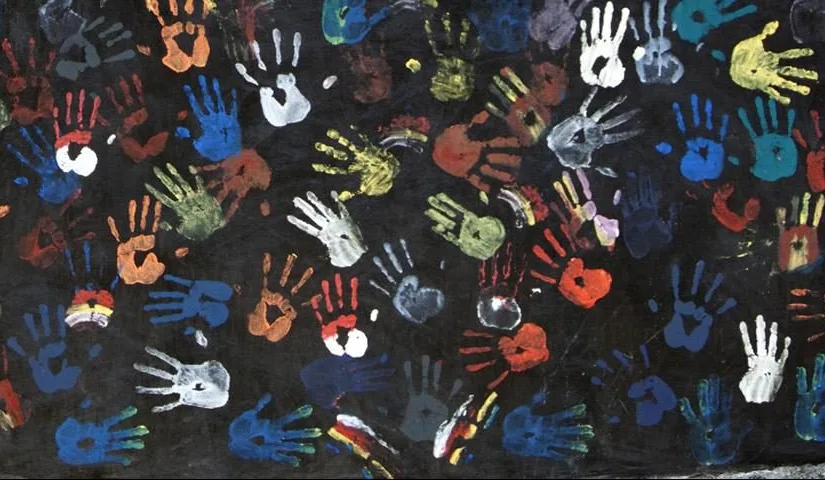
No One’s Nationalism
•
In our increasingly interconnected world, we are often told that nations act according to their own interests. Governments and politicians promote the idea of national identity and sovereignty, suggesting that they are acting on behalf of their citizens and promoting their well-being. But is this really the case?
-
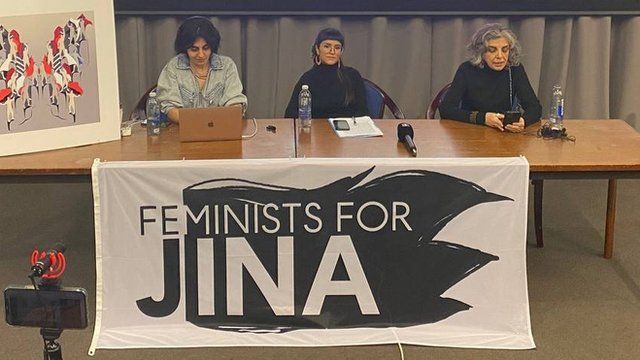
Iranian Feminist Network on the Jina Revolution and Beyond
•
A global network of feminist collectives and activists, known as “Feminists for Jina,” is amplifying the voice of the ongoing “Jin, Jiyan, Azadî” Revolution in Iran and working to strengthen its transnational elements. The group comprises individuals from diverse backgrounds and perspectives, united in their goal to fight for equality…
-
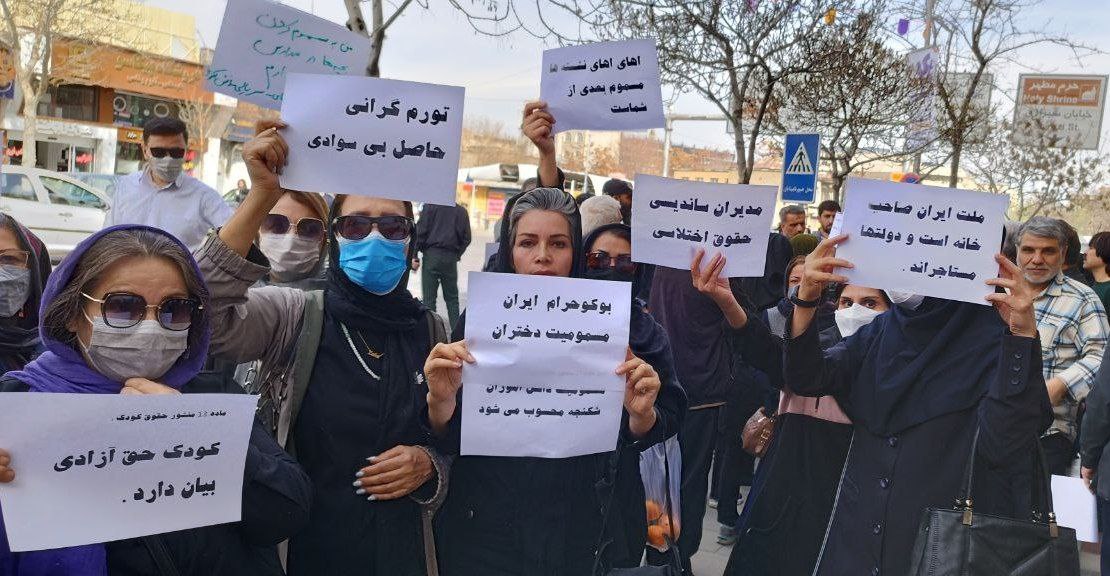
Iran: Nationwide protest against Bioterrorist Attacks on schoolgirls
•
In a powerful display of collective action, teachers across Iran have taken to the streets to demand the safety and security of female students in their schools. Undeterred by the repressive forces and uniforms of the Islamic Council in Tehran, these educators have rallied in dozens of cities, from Mashhad…
-

From Grief to Action: The Call for Change in Greece
•
The Greek railway network has been on a countdown towards a serious accident for some time now. The last 15 years have been marked by neglect, with infrastructure and services constantly deteriorating. Projects on the Athens-Thessaloniki axis have been delayed, and contracts were only aimed at patching up the imperfections…
-
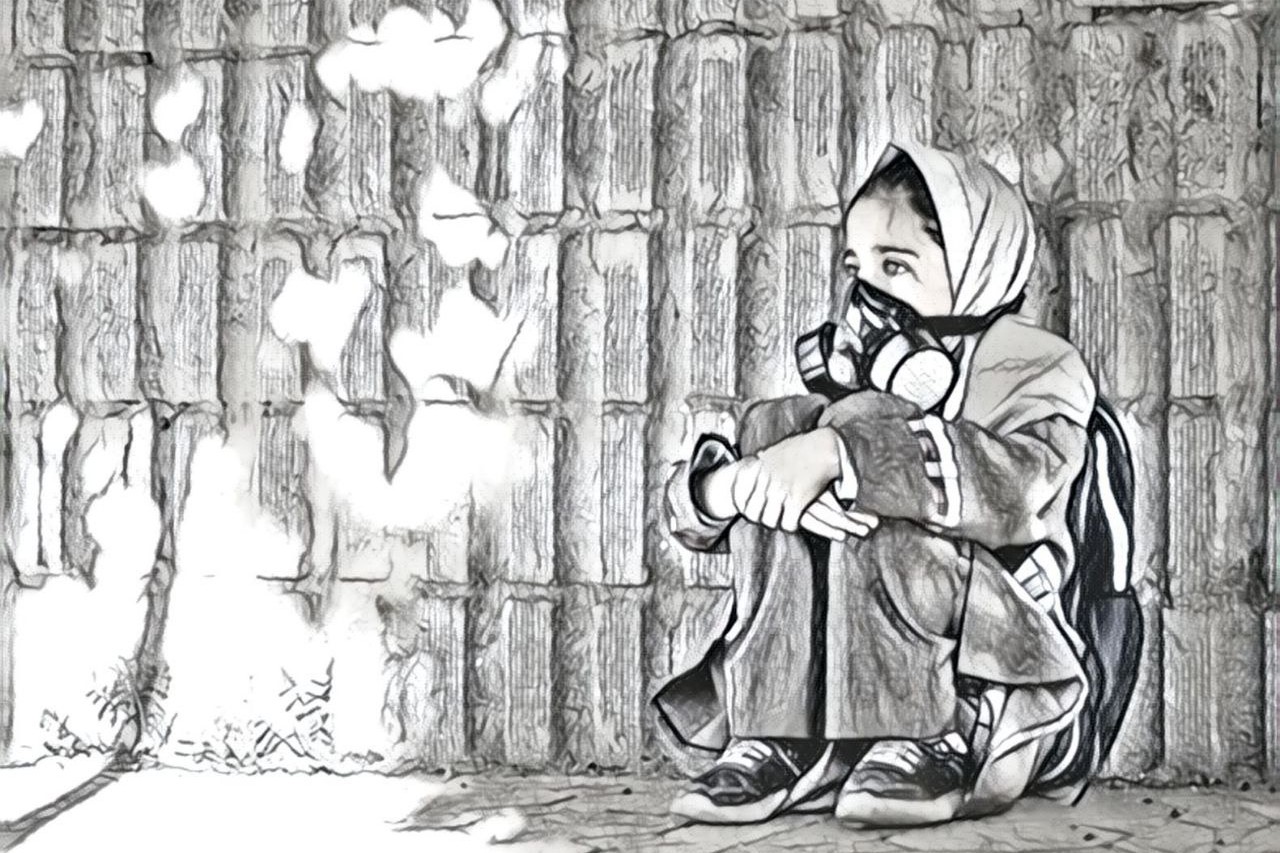
Poisoning, Violence, and Oppression: The Islamic Republic’s War on Women
•
The “Women, Life, Freedom” movement, which involved removing the hijab, tearing pictures of Khamenei and Khomeini, and chanting slogans mostly in girls’ schools, has infuriated the regime to such an extent that they have given the green light to use their powers to retaliate against this uprising. This is a…
-

The Path from Alienation to Exploitation
•
Karl Marx’s critique of capitalism is still relevant today, as many of the issues he identified remain unresolved. In particular, Marx’s analysis of the exploitative nature of capitalism, in which workers are paid less than the value of their labor, and capitalists profit by appropriating the surplus value created by…
-
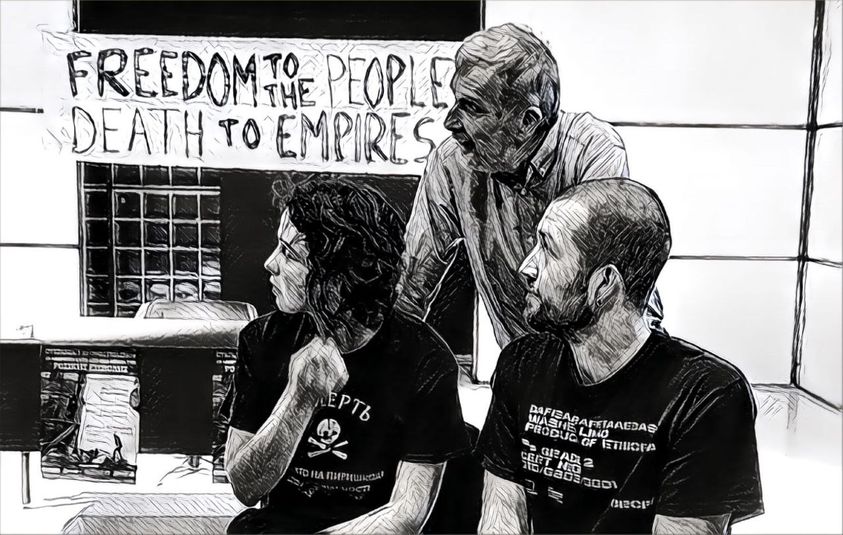
Voices from the Front Lines: Stories of Resistance
•
On February 24th, it will have been one year since the Russian army’s full-scale invasion of Ukraine, which has resulted in ongoing bloodshed that continues to shock us all. In light of this anniversary, it is critical to provide a platform for those who have been at the forefront of…
-
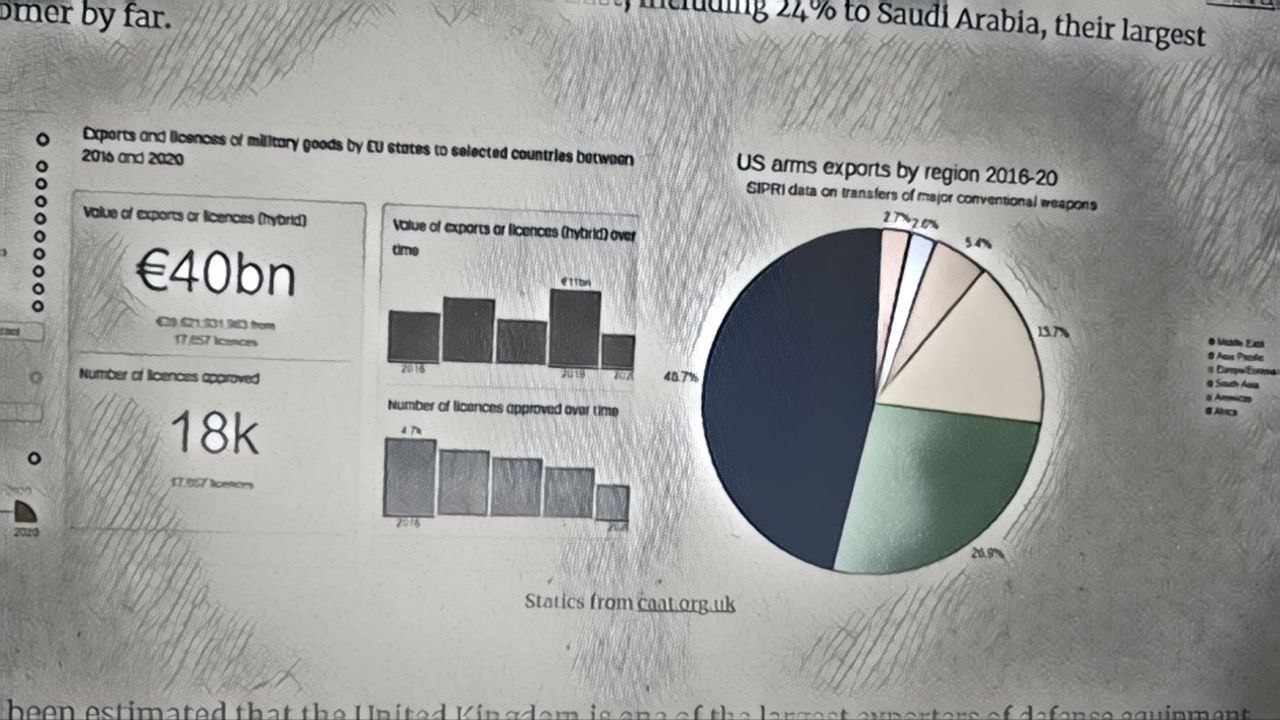
The Middle East: An Epicenter of Arms Trade
•
As is to be expected, the arms and oil trades have become the lifeblood of the Middle East, with great powers like the United States, Russia, and China vying for a piece of the pie. Indeed, the lion’s share of arms exports to the region can be attributed to these…
-
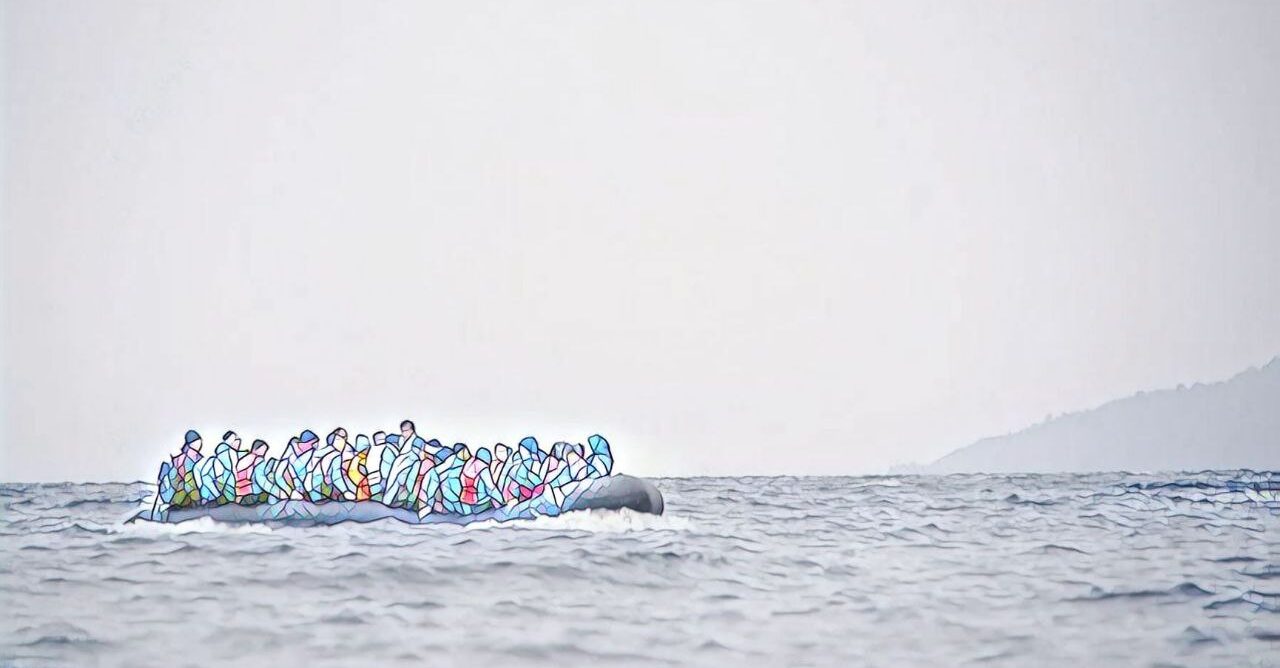
Pushbacks and Human Rights Abuses:
A Critical Look at Strengthening EU Borders•
The question of migration has been at the forefront of public discourse for many years. The migration of people from their countries of origin to other parts of the world has been a part of human history for as long as civilization has existed. However, the issue has taken on…
-
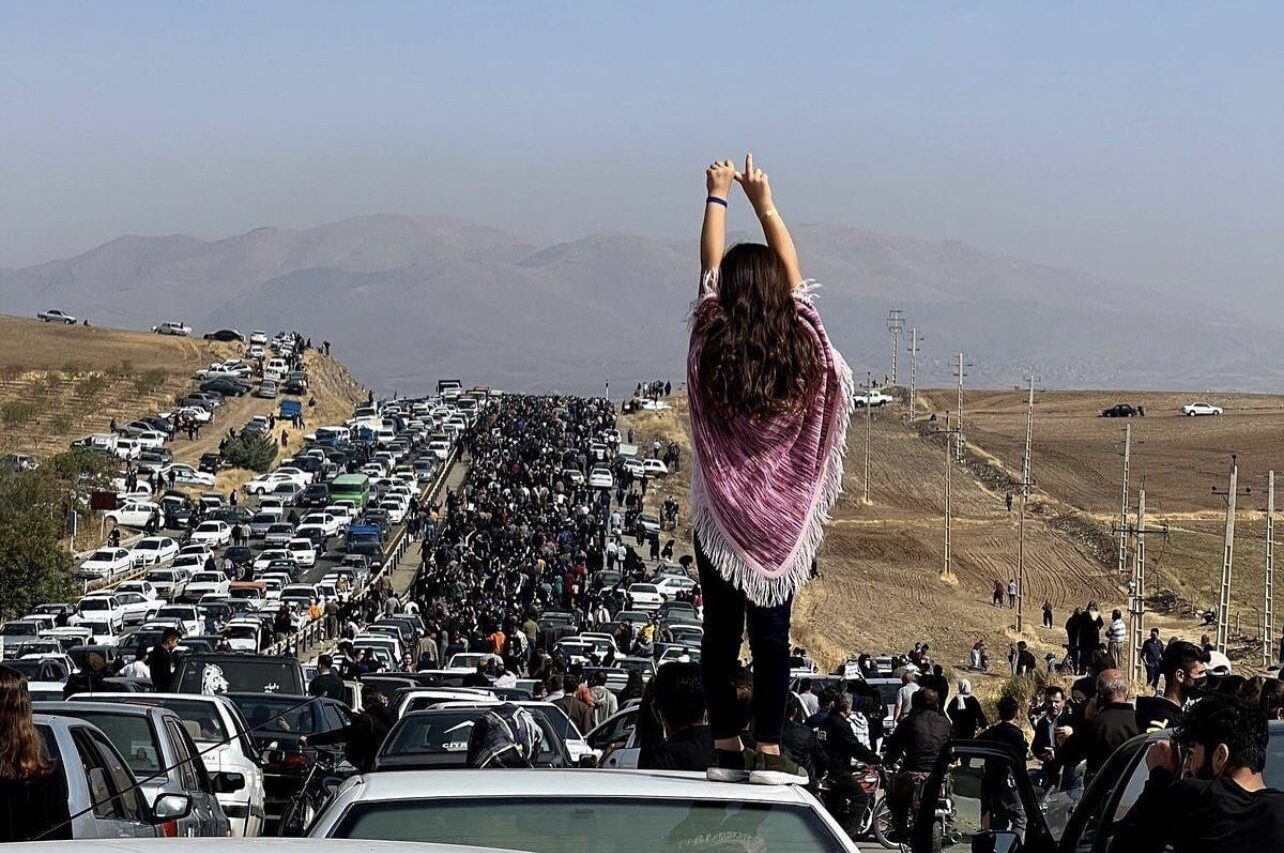
A New Vision for Iran:
The Charter of Change•
The demands presented in this charter encompass a range of social, political, and economic changes necessary for Iran. These demands seek to establish rights such as free expression, equal opportunities for women and LGBTQ+ community, better working conditions, job security, and an end to discrimination and corruption. The signatories of…
-

The Emergence of Islamic Reaction:
A Look at Iran’s Pre-Revolutionary Years•
This text discusses the impact of the 1979 revolution in Iran on the country’s political, intellectual, and cultural space, as well as the transformation of the left in Iran. The revolution was a widespread and spontaneous movement driven by the demands and rights of the people, and was not the…
-
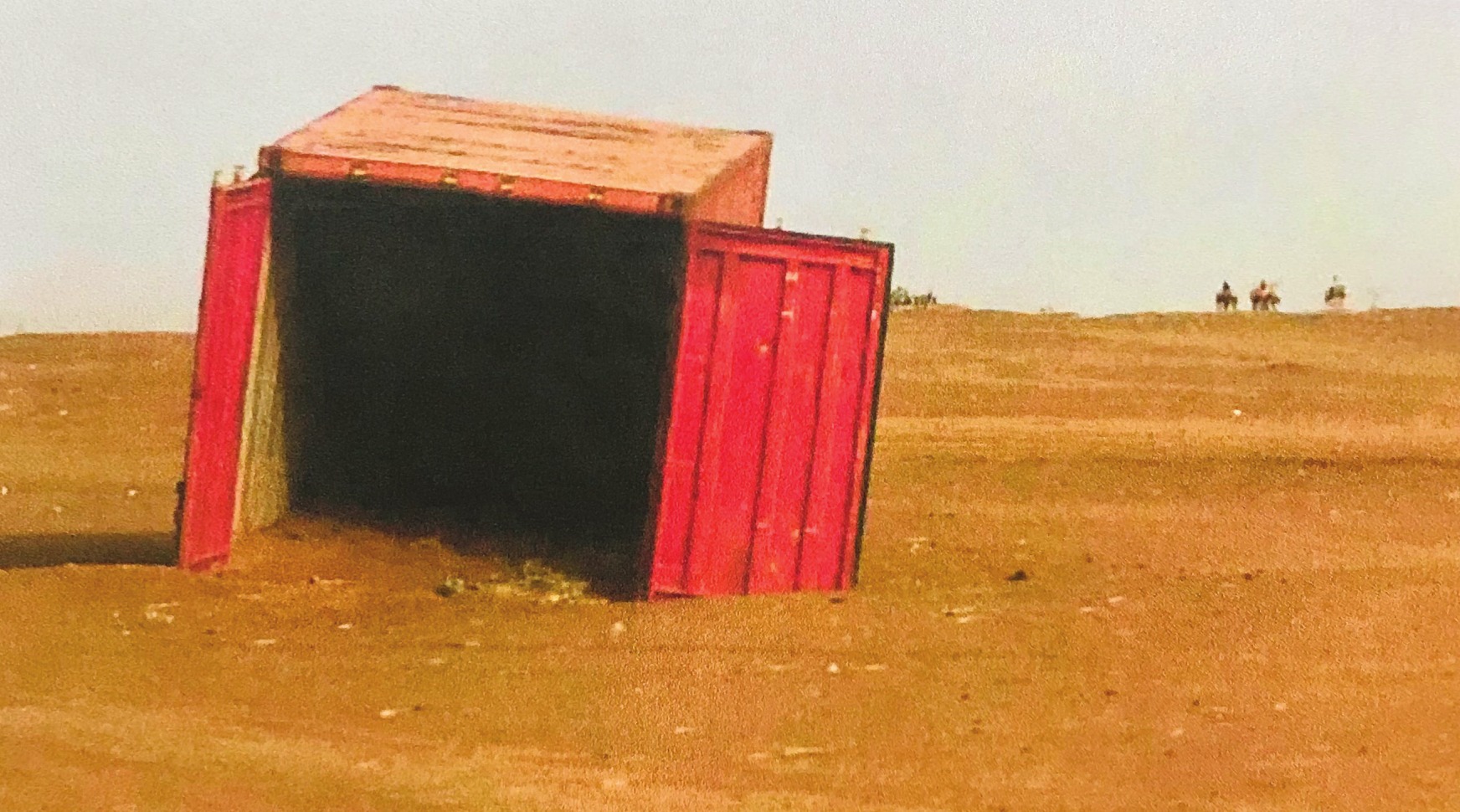
The Slave Trade by Fuel of EU Policy
•
Refugees, particularly Eritreans, landing in Libya face a grim reality of trafficking, enslavement, and widespread abuse, including sexual violence, often to extort ransom payments from their families. Those who manage to escape from detention centers and reach the Mediterranean face the risk of interception and forced return to Libya or…



